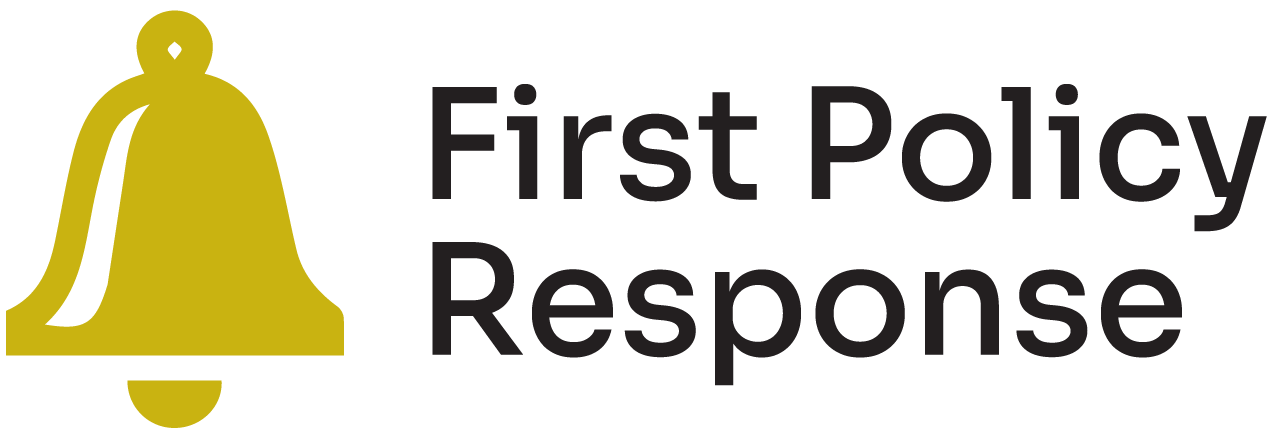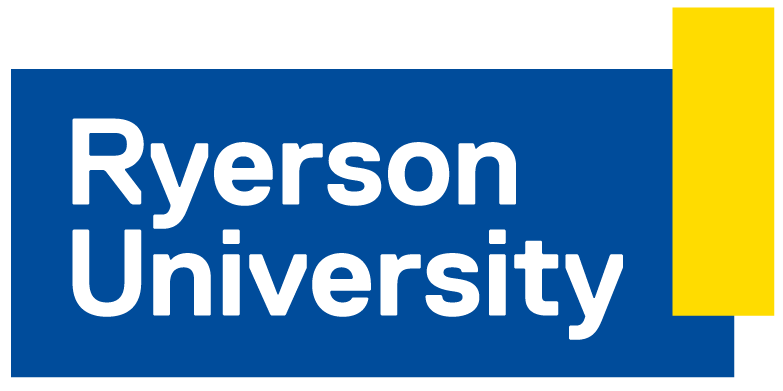
Universities and colleges are preparing for an academic year that will look like none other. With about a month left until most post-secondary institutions open their doors – virtually, for the most part – First Policy Response hosted a video town hall in partnership with the Public Policy Forum and The Walrus to discuss the challenges facing the higher education system in Canada amid the COVID-19 pandemic.
The conversation was moderated by Jennifer Hollett, Executive Director of The Walrus, and featured a panel that brought together the perspectives of administrators, students and private-sector leaders. The panel included:
- Mohamed Lachemi, President and Vice-Chancellor, Ryerson University
- Alex Usher, President, Higher Education Strategy Associates
- Jake Hirsch-Allen, North America Higher-Ed and Workforce Development System Lead, LinkedIn
- Fawziyah Isah, Vice-President (Education) and Corporate Officer, McMaster Students’ Union
The unprecedented circumstances brought on by COVID-19 forced universities to make an early decision on how to operate for the upcoming fall semester. Most Canadian institutions, like Ryerson, decided to move most instruction online. Lachemi acknowledged that this will require Ryerson to provide ongoing support for its students and staff, even at a distance.
“We have many systems in place to keep students motivated, engaged and equipped for the year ahead,” he said, including summer programming to assist first-year students with the transition from high school to university. Ryerson has committed that students will not have to be located in Toronto, but the school will continue to support students in the city with study spaces and residence accommodation.
Isah, who sits on steering committee of the Ontario Undergraduate Student Alliance, highlighted the many stressors facing students due to the pandemic, including cost of tuition, uncertainty around student experience, access to internet, privacy concerns, and quality of education.
“A lot of students are feeling the pressure of living in a global pandemic, which is worrying about finances, home life and their academics,” said Isah. “Students are wondering whether or not they’re going to feel isolated during this first semester.”
However, Isah noted that one silver lining to online instruction is a willingness to reimagine how courses can be taught. Isah said professors have demonstrated greater propensity to adapt their teaching methods and find innovative ways to engage students.
Usher, who leads a higher education consultancy firm, applauded Canadian post-secondary institutions for committing to an online delivery model early on, noting that some of their counterparts in the U.S. have failed their students.
“The great thing about Canadian universities’ response has very much been that nearly all institutions sent pretty clear messages early on that anything that can be online will be online,” said Usher. “That was absolutely the right call.”
However, Usher warned that student residences will pose significant challenges to institutions. Young people, who are making up a growing percentage of new COVID-19 cases due in part to their inclination to socialize, are likely to carry out similar behaviour in residences, he said. Universities will have to grapple with this challenge as they balance protecting the health of their communities with providing accommodation for those who need it.
While online learning was an option previously chosen only by those looking for flexibility, COVID-19 has made it a reality for everyone. Hirsch-Allen, who supports LinkedIn Learning Solutions, said students have had to deal with “a university system that for a long time has not been student-centred” and that institutions will now have to do better.
“It’s taken a pandemic for the Harvards of this world to realize that they can’t produce the exact same thing they produced 200 to 300 years ago and just keep increasing the price for it,” said Hirsch-Allen.
Students have been calling for reductions in tuition in light of losing access to in-person components of their programs, however universities and colleges have chosen to maintain their rates. Usher explained that, while online delivery may theoretically seem cheaper, institutions will actually be facing greater financial strain over the next year. Moving courses online will come with added costs like licensing for online products that facilitate learning. Universities are also facing uncertainty in their revenue stream due to the risk of losing international students.






